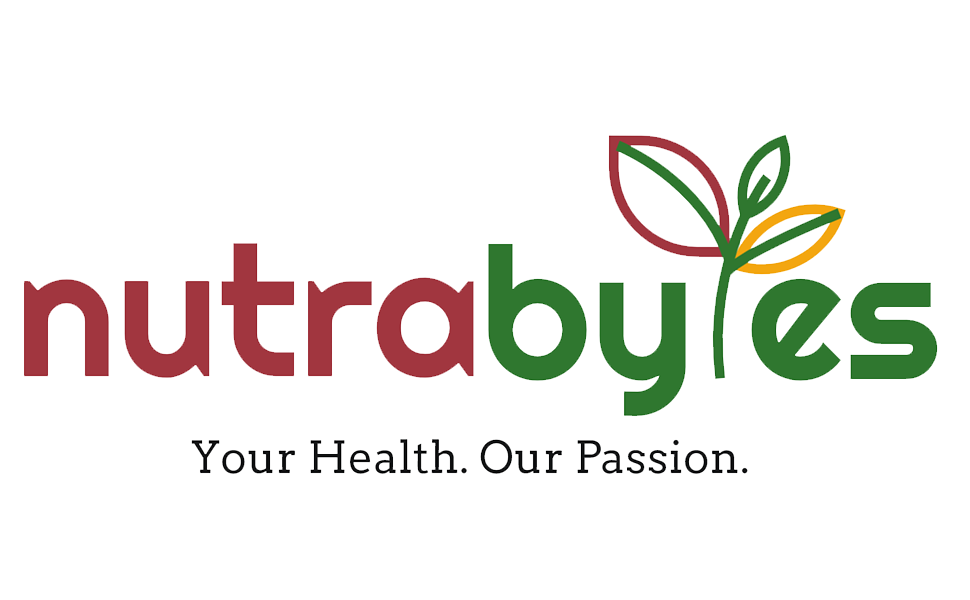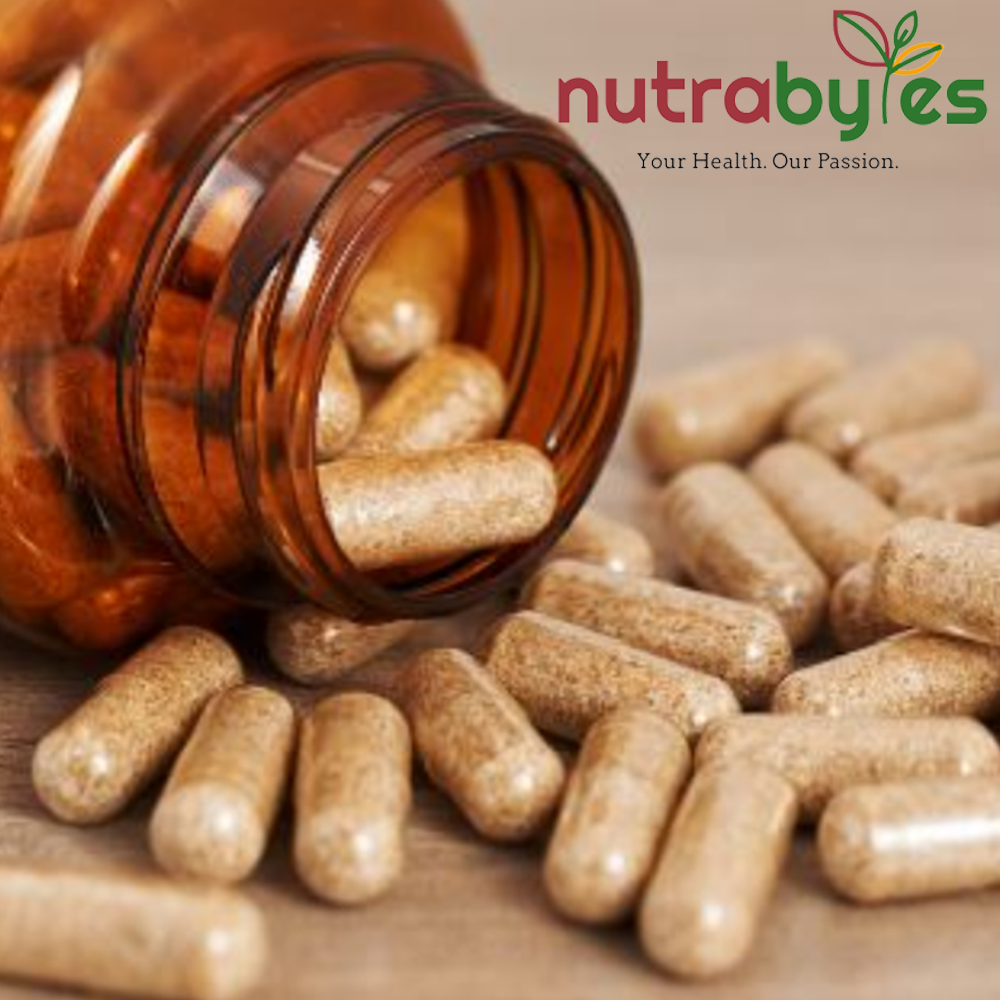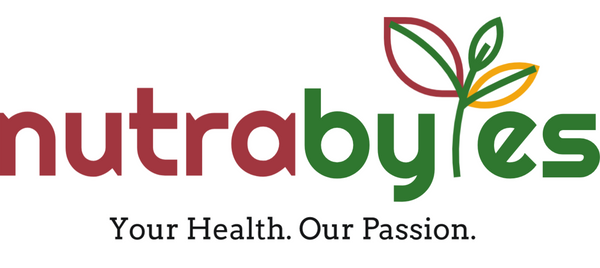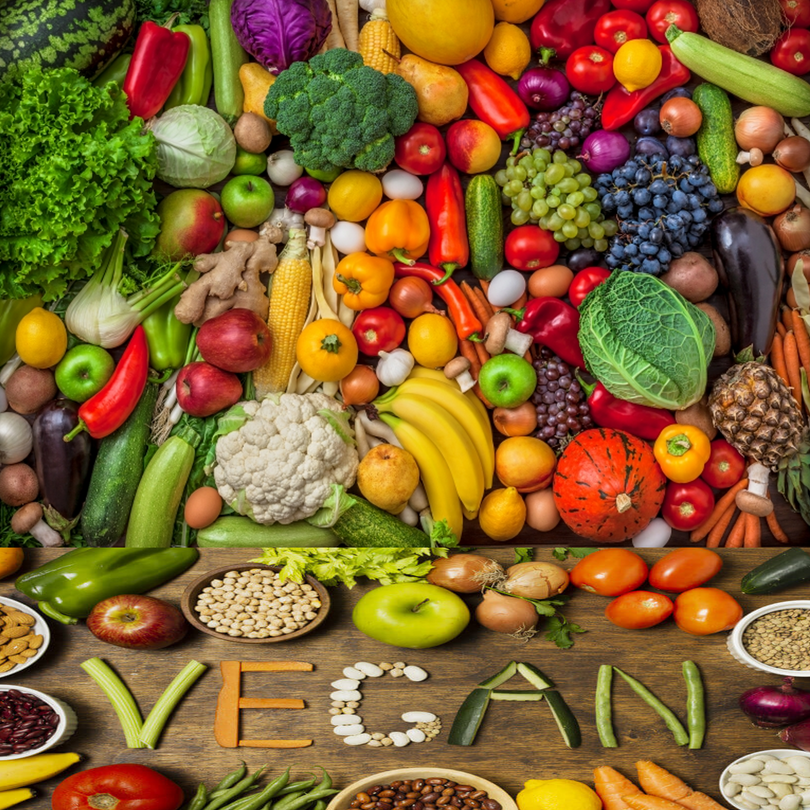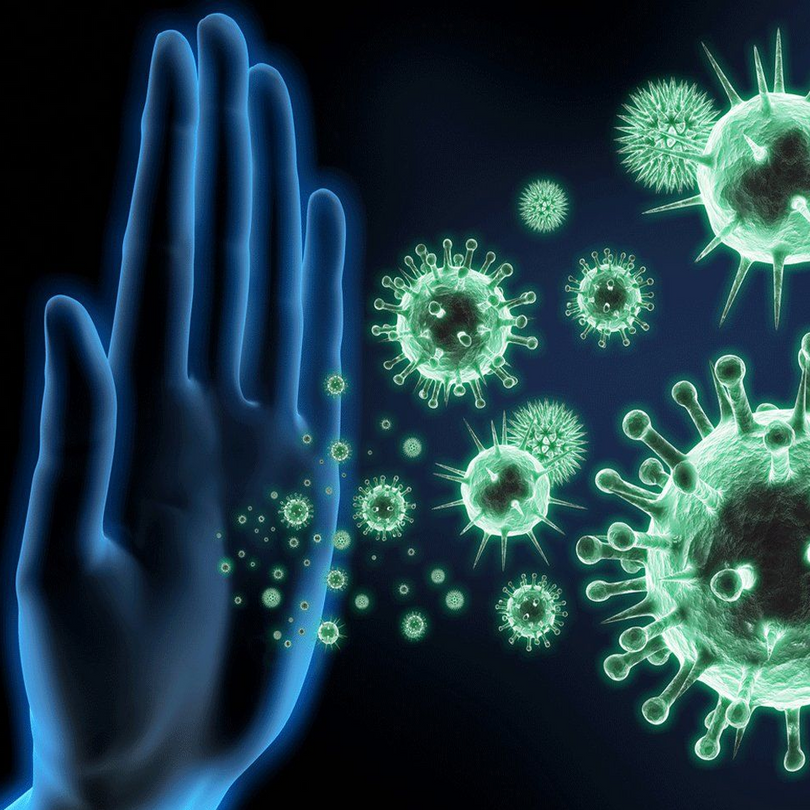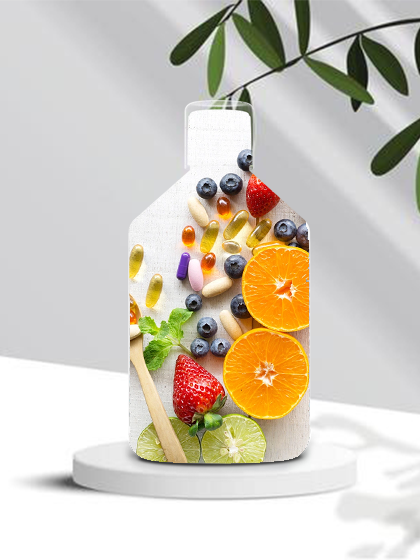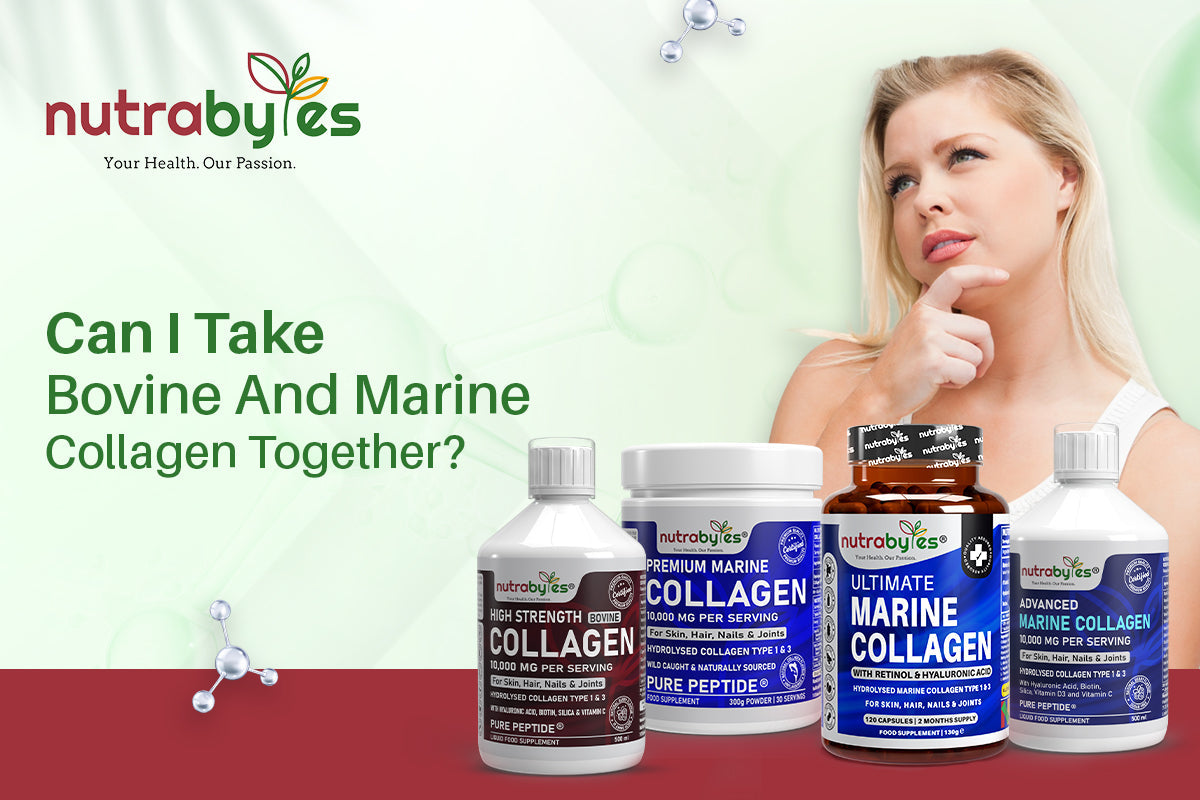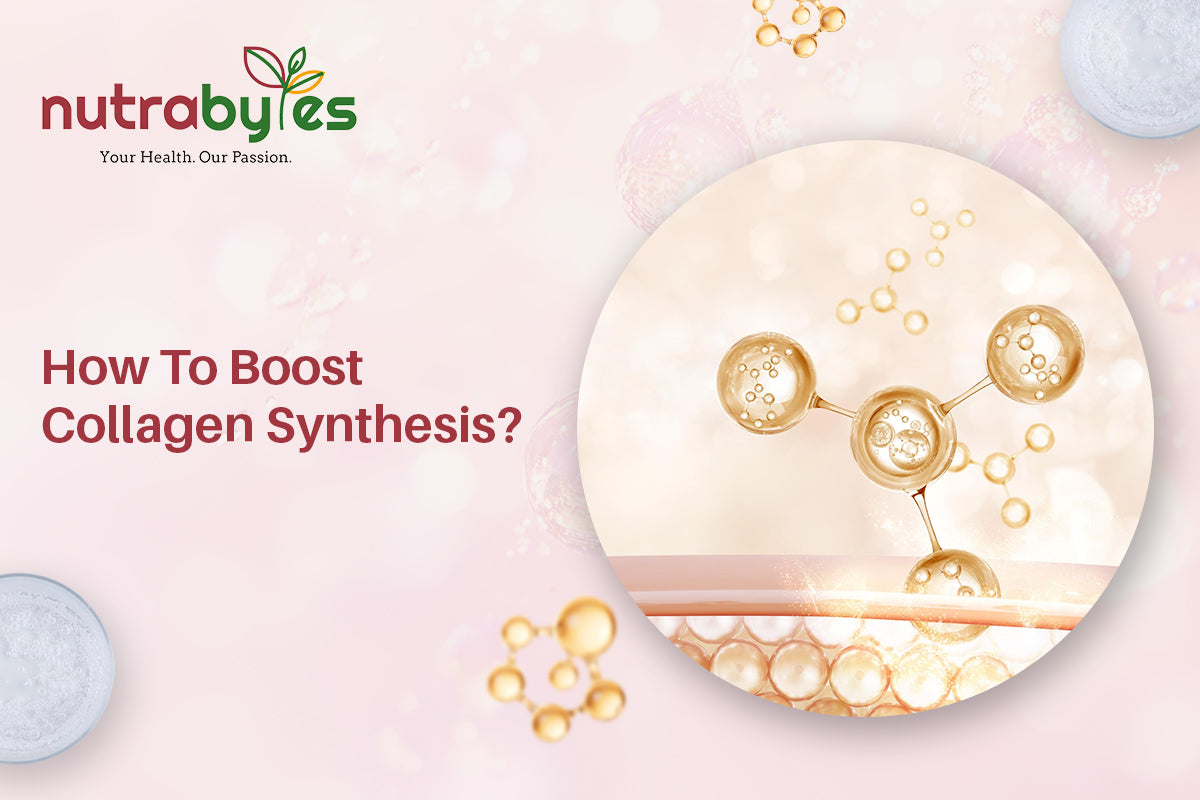It’s been a scorching summer in the UK, all thanks to the heatwave. No surprises then if your skin is beginning to feel the “burn” of the midsummer sun.
If you aren’t already taking collagen supplements for skin, this guide should help you assess the benefits of taking collagen supplements to protect your skin from the scorching weather and its damaging effects.
How Summer Damages Your Skin
During the summer, the sun is overhead in the Northern Hemisphere, which means that its rays are more concentrated and we feel its “strength” more intensely. In short, we bear the full brunt of harmful UVA and UVB emissions from June to August.
Although you can’t and should never do away with sunscreen, your skin needs more than a layer of mineral or chemical protection. It needs fortification from the inside.
Collagen supplements for skin, along with certain vitamins and minerals, may help your skin repair the damage caused by a brutal summer and kickstart the process of restoration against the degradation inflicted on it by a harsh sun and the sweltering heat.
This is how the elements affect your skin during summer:
1. The Sun
The harmful UV emissions from the sun’s searing rays speed up collagen breakdown and dry out your skin. Collagen breakdown contributes to the appearance of fine lines and the loss of skin elasticity.
UVA rays penetrate right through to the dermis (the thickest layer of skin), and lead to the breakdown of collagen, contributing to premature skin ageing, wrinkles, sagging skin, and an uneven skin tone or texture, hyperpigmentation, sunspots, and, more alarmingly, an increased risk of cancer.
UVB rays, on the other hand, affect the outermost layer of skin, causing sunburns, skin peeling, and DNA damage in the skin.
2. The Heat
Intense heat causes you to perspire profusely. It’s a mechanism that your body triggers off to cool you down. Excessive perspiration combines with bacteria and oily skin secretions to clog up skin pores, cause breakouts, and heat rashes.
Dehydration, caused by extreme heat, leads to flaky or “tight” skin. Your skin may also begin to feel dull or rough to the touch when it begins to lose moisture.
The heat also causes blood vessels to widen, giving your skin a red, blotchy, or inflamed appearance. Those with rosacea or eczema may experience more frequent flare-ups.
Warm and humid weather may cause bacterial or fungal growth in skin folds around the groin or armpits. Sweat glands may get blocked, causing itching or blisters.
What Extra Nutritional Support Does Your Skin Need In Summer?
To protect against UV-induced damage, skin needs extra nutritional backup. It needs amino acids from proteins like collagen to repair and restore the collagen breakdown caused by aggressive UV exposure.
You’ll also need to take regular vitamins and antioxidants to beat oxidative stress, which damages skin cells, and certain minerals to protect the skin barrier.
Your skin also requires extra hydration since an increase in heat increases trans-epidermal water loss (TEWL), leading to dry, flaky skin.
It’s important to drink water around the clock as water loss makes your skin look dull and dry. Staying hydrated keeps skin looking fresh, plump, and dewy.
Try water mixed with electrolytes. It’s a great fix for dull skin.
How Do Collagen Supplements Support Skin Health In Summer?
UVA rays (we’ve nicknamed them the collagen-killing rays) penetrate right through to the dermis, where collagen and elastin (core structural components of skin) are found.
They trigger the release of matrix metalloproteinases (MMPs), which are a group of enzymes that degrade collagen. MMP-1, in particular, targets Type 1 and Type 3 collagen, which are crucial for the skin’s firmness, elasticity, and structure.
UV radiation also breaks down the skin barrier and damages the fibroblasts (cells that produce collagen). Damaged fibroblasts reduce the rate of collagen production and hamper the process of skin repair.
Taking collagen supplements regularly helps to stimulate fibroblasts into producing collagen again to reverse the damage caused by these collagen-destroying UVA rays.
Collagen supplements also provide the necessary peptides needed as raw material to ramp up collagen production.
Collagen Supplements for women and men from Nutrabytes That Serve Your Skin in Summer
Now, let’s get down to the specifics. Which are some of the best collagen supplements for skin from Nutrabytes that are the perfect solution for protection against the skin-stressing summer?
Here’s a breakdown that helps you understand how each ingredient contributes to serving your skin better!
|
Key Ingredients |
How It Benefits Your Skin In Summer |
|
Hydrolysed Marine Collagen Type 1 & 3 |
Provides the raw material (collagen peptides) to rebuild and repair the collagen broken down by UV rays |
|
Hyaluronic Acid |
Locks in moisture |
|
Vitamin C |
Contributes to collagen formation and the protection of cells from oxidative stress. |
|
Biotin |
Contributes to the maintenance of normal skin |
|
Selenium |
Protects cells from oxidative stress |
|
Key Ingredients |
How It Benefits Your Skin In Summer |
|
Hydrolysed Marine Collagen Type 1 |
Provides the raw material (collagen peptides) to rebuild and repair the collagen broken down by UV rays |
|
Hyaluronic Acid |
Locks in moisture |
|
Vitamin C |
Contributes to collagen formation and the protection of cells from oxidative stress. |
|
Biotin |
Contributes to the maintenance of normal skin |
|
Key Ingredients |
How It Benefits Your Skin In Summer |
|
Hydrolysed Bovine Collagen Type 1 and 3 |
Provides the raw material (collagen peptides) to rebuild and repair the collagen broken down by UV rays |
|
Hyaluronic Acid |
Locks in moisture |
|
Vitamin C |
Contributes to collagen formation and the protection of cells from oxidative stress. |
|
Biotin |
Maintenance of normal skin |
|
Copper |
Contributes to normal skin pigmentation and the protection of cells from oxidative stress |
|
Key Ingredients |
How It Benefits Your Skin In Summer |
|
Naticol® Hydrolysed Marine Collagen Peptides |
Provides the raw material (collagen peptides) to rebuild and repair the collagen broken down by UV rays. Naticol® collagen is made from fish skins, and it retains and enhances the unique biological benefits of collagen. |
|
Hyaluronic Acid |
Locks in moisture |
|
Vitamin C |
Contributes to collagen formation and the protection of cells from oxidative stress. |
|
Retinyl Acetate (form of vitamin A) |
Maintenance of normal skin |
Conclusion: How to Glow All Through Summer
Collagen supplements may provide the nutritional component to revive and restore skin radiance in summer, but you will need a little bit more help. Bring healthy routines into your lifestyle that will help your skin glow all through summer.
Don’t forget to use sunscreen and moisturisers with antioxidants. Limit alcohol and caffeine during the summer months. And stay hydrated with water + electrolytes for that fresh look!
Frequently Asked Questions
-
Is high-strength collagen good for you?
“High-strength” usually means a collagen supplement that contains at least 5,000–10,000 mg (5–10 g) of hydrolysed collagen peptides per serving. That’s the amount shown in many studies to be effective for skin, joints, hair, nails, and more. Stick to recommended doses and speak to your GP before starting.
-
What happens to your body when you start taking collagen?
When you start taking collagen, your body gets a fresh supply of amino acids that are used to repair, rebuild, and support tissues throughout your body.
-
Can you take collagen types 1 and 3 together?
Yes, Type 1 and Type 3 collagen are not only safe to take together, they’re often combined in high-quality supplements for maximum skin, hair, nail, joint, and muscle benefits.
